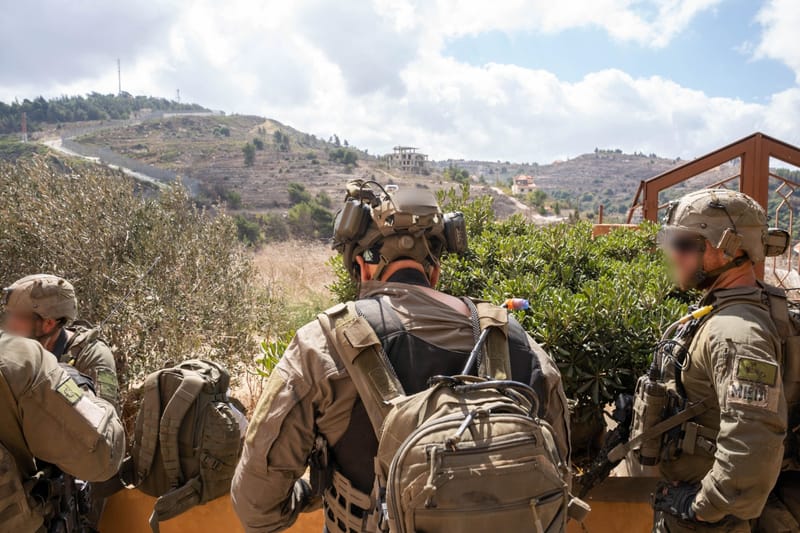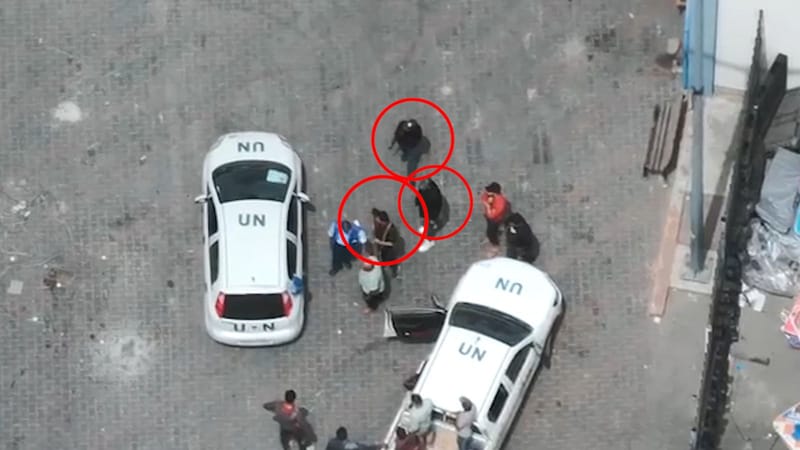Jerusalem wins again
Netanyahu's leadership is more robust than it may appear, and this perception is shared in other Arab capitals, which are now inclined to reinvigorate and solidify the Abraham Accords.
The situation in the Middle East can be analyzed in light of the developments in Israel's war against Hamas.The initial observation is that following the events of October 7, Israel was compelled to respond to the most significant attack on its territory since the establishment of the Jewish state in the aftermath of World War II.A great deal has been written and said about Jerusalem's capacity to respond to terrorist attacks and about the unity of the Israeli people during this lengthy period of conflict.
First and foremost, it is imperative to situate Israel at the epicenter of a global competition. As previously stated in another article published in this newspaper, the conflict between Jerusalem and Hamas, as well as the ongoing conflict with Hezbollah, can be seen as a clash between the Jewish state and the proxies of Iran. This is set against the backdrop of a broader global conflict between two opposing systems: the old world order, which is based on established rules and traditions, and the emerging alliance of autocracies that seeks to replace the existing world order.
A number of geopolitical situations are simultaneously in play. These include the war in Ukraine, the competition for the African continent; the Balkans, the Caucasus, the Eurasian zone up to the South China Sea, the Pacific Ocean up to the Caribbean, and the South American friction zones.Russia has established a structural relationship with China, as well as with Iran and North Korea.
However, it is possible to record the fact of Netanyahu's success against considerable odds, given that he has been victorious in all areas of contention. Israel has substantially defeated Hamas and, more importantly, is almost completely defeating Hezbollah, that is much more dangerous than Hamas. It is evident that Netanyahu's assertive posture has also impacted the Iranian information domain and its propaganda apparatus, effectively silencing Iran, which has demonstrated considerable concern about the potential for military action against its nuclear production sites.Israel is engaged in a struggle on behalf of the entire West, rather than merely for its own sake.
Following the commencement of military operations after October 7, Netanyahu has been the subject of censure from the international press, the UN, and numerous government officials worldwide.Nonetheless, he is prevailing in this conflict and has neutralized Iranian provocations. Similarly, the internal political opposition to Netanyahu does not appear to possess the capacity to destabilize the government. One of the primary objectives of globalism is to overturn the established political and historical status of Israel. Nevertheless, Netanyahu's leadership is more robust than it may appear, and this perception is shared in other Arab capitals, which are now inclined to reinvigorate and solidify the Abraham Accords.This is an unforeseen scenario that will have significant ramifications throughout the Middle East. It is likely to result in the more isolation of Tehran with respect to some Arab capitals, a development that has not been anticipated by Western analysts.
It is evident that all major powers will have to consider the success of Israeli military operations against Iranian terrorism in the near future, both in the short and medium term.The majority of observers had predicted the conclusion of hostilities and the emergence of a significant political impasse within the Israeli government; in contrast, it is once again anticipated that Israel will play a pivotal role in shaping the future of the Middle East.







